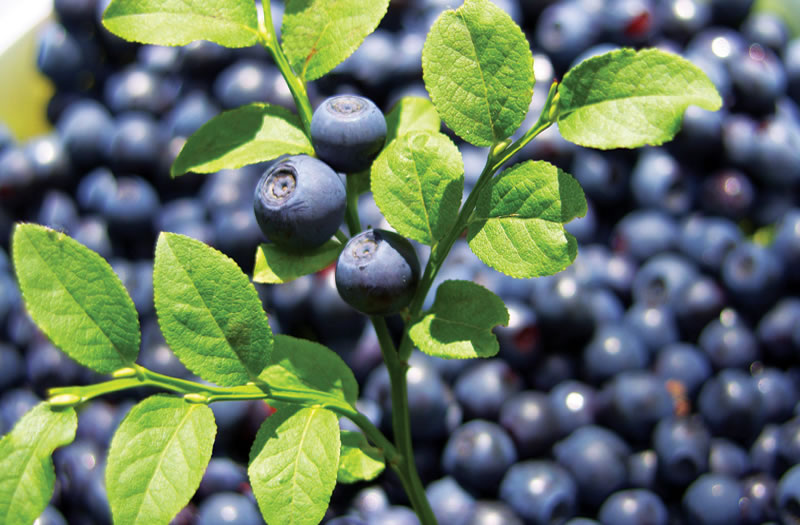With the scientific name Prunus armeniaca, apricots, also known as Armenian plums, are stone fruits. They are yellow and circular, similar to a smaller peach but with the sharpness of purple plums. Apricots are very healthy and have many benefits, such as enabling better digestion and eyesight.
Here are nine health and nutrition benefits provided by apricots:
Nutritious and low in calories
Apricots are very nutritious and comprise many vital vitamins and minerals.
Just 2 fresh apricots (70 grams) have:
- Fat: 0.27 grams
- Potassium: 4% of the DV
- Carbohydrates: 8 grams
- Calories: 34
- Fiber: 1.5 grams
- Protein: 1 gram
- Vitamin A: 8% of the Daily Value (DV)
- Vitamin C: 8% of the DV
- Vitamin E: 4% of the DV
In addition, the apricot is a good source of lutein, beta carotene, and zeaxanthin, which are all strong antioxidants that assist in fighting free radicals in the human body. Apricots are best consumed unpeeled and whole, as their skin has copious amounts of nutrients and fiber.
Rich in antioxidants
Apricots have many antioxidants, including vitamins A, C, and E, along with beta carotene.
Apricots are also high in a group of polyphenol antioxidants known as flavonoids. These are proven to protect against many diseases, including heart disease and diabetes. The principal ones include catechins, chlorogenic acids, and quercetin. They neutralize free radicals, which damage cells and cause oxidative stress. Oxidative stress is connected to obesity and many chronic disorders.
In one study conducted with 2,375 people, researchers formulated a scoring system to measure changes in inflammatory marker levels. They discovered that high anthocyanin and flavonoid intakes were associated with a 73% and 42% lower inflammation score, respectively. High flavonoid intake was also linked to a 56% lower oxidative stress score.Top of FormBottom of Form
Can encourage eye health
Apricots have several compounds that are important for eye health, including vitamins A and E in particular.
The former has a crucial role in averting night blindness, which is caused by the lack of light pigments in one’s eyes, whereas the latter is a fat-soluble antioxidant that goes in one’s eyes directly to protect them from free radical damage.
Giving apricots their yellow-orange color, beta carotene serves as a forerunner to vitamin A, meaning that our body can convert it into this vitamin. Other significant apricot carotenoids are zeaxanthin and lutein. They are seen in the lenses and retinas of one’s eyes, protecting against oxidative stress.
Can improve skin health
Having apricots can help your skin in more ways than one.
The chief reasons of skin damage and wrinkles are related to the environment, such as the sun, pollution, and cigarette smoke. Research indicates a direct link between ultraviolet (UV) light exposure, sunburns, and the risk of melanoma. One can fight some of this skin impairment through a healthy diet rich in antioxidants, which apricots definitely deliver.
With both vitamins C and E found in apricots, this can also help your skin. In particular, vitamin C guards against environmental pollutants and UV damage by nullifying free radicals.
In addition, this vitamin helps accumulate collagen, which provides elasticity and strength to your skin. Consuming a diet rich in vitamin C can aid your skin in recovering from UV damage and avoid wrinkles.
Beta carotene can safeguard against sunburns. In a 10-week study, supplementing with beta carotene reduced risk of sunburns by 20%. While we should continue using sunscreen, apricots can offer extra fortification.
Can encourage gut health
Apricots can boost gut health.
165 grams, or roughly a cup, of sliced apricots offers 3.3 grams of fiber, which is 13.2% and 8.6% of the DV for women and men, respectively.
Apricots comprise both soluble and insoluble fiber. The former kind of fiber dissolves in water and includes gums, pectin, and long sugar chains called polysaccharides, while the latter kind doesn’t dissolve in water and includes lignin, cellulose, and hemicellulose.
They are high in soluble fiber, which is crucial for sustaining proper cholesterol and blood sugar levels.
Additionally, fiber delays peristalsis and feeds one’s beneficial gut bacteria. A healthier gut microbiome is linked to lower obesity risk.
One apricot, say of approximately 35 grams, may have just 0.7 grams of fiber, but it is quite easy to pop a few in one sitting.
Rich in potassium
Apricots have abundant potassium, a mineral that serves as an electrolyte as well. It is in charge of regulating muscle contractions and fluid balance and sending nerve signals.
Two apricots, say of approximately 70 grams in total, give around 181 mg of this mineral, which comprises 4% of the DV.
Potassium and sodium work closely to preserve fluid balance, so an adequate intake can aid in maintaining an ideal blood pressure and in averting bloating.
One analysis found that a potassium-rich diet greatly lessened blood pressure and resulted in a 24% lower risk of stroke.
High hydration
Apricots, like many fruits, are naturally high in water. This can help control body temperature, blood pressure, heart rate, and joint health. 165 grams, or approximately one cup, of fresh, sliced apricots offers almost two-thirds a cup (~142 ml) of water.
Most people are not in the habit of drinking enough water. This is where eating fresh fruit can help us reach our daily requirements.
If dehydrated, our blood volume plummets, forcing our heart to work harder to pump blood throughout our bodies. Additionally, remaining hydrated lets our blood circulate nutrients and waste products throughout our bodies.
Also, having apricots can be a simple method to compensate for both water and electrolyte loss after exercise, as this fruit offers ample quantities of potassium and water.
Can safeguard the liver
Some data has proposed that apricots can aid in safeguarding the liver from oxidative stress.
In two animal-centric studies, rats that were fed alcohol and apricots had lower levels of liver enzymes and inflammation markers than rats that were provided only alcohol but no apricots. This research implies that apricots may help avoid liver damage due to the naturally high number of antioxidants present in them.
However, whether apricots offer the same benefit in humans is difficult to ascertain at present. More research will be required in the coming days.
Easy to add to one’s diet
Dried and fresh apricots both make for an easy, tasty, or a quick addition to your favorite meal. They can be added to our diet in a number of ways, such as:
- eaten fresh as a snack
- used in jams, preserves, and salsas
- sliced and added to salads and/or yogurt
- stirred into a trail mix or granola
- stewed in a slow-cooker with meat, such as chicken or beef
- added to desserts like pies, cakes, and pastries
The bottom line
Apricots are very tasty and are full of fiber, vitamins, and antioxidants. The fruit has many benefits, such as improved skin, eye, and gut health. Whether fresh or dried, they can be easily added to salads, yogurt, and main meals.
Apricots can be a great way to change up your routine, especially if you’re used to eating peaches and plums.













